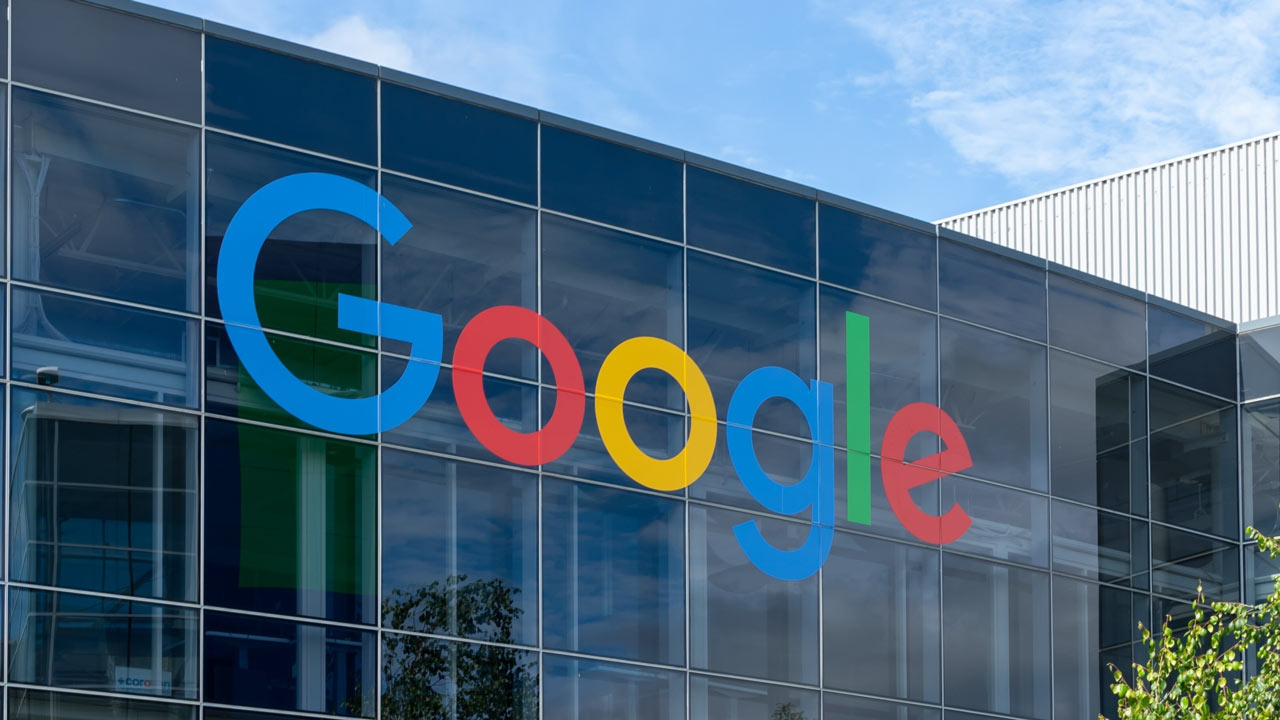
The Department of Justice (DoJ) may force Google to give up its Chrome browser, and the tech giant is not taking the news in stride. According to Bloomberg, on Wednesday, the DoJ may ask Judge Amit Mehta, who presides over the United States vs. Google antitrust case, to mandate that Google sell Chrome. Judge Mehta ruled in favor of the US government and the 17 states that joined the lawsuit in August, allowing the DoJ to consider what Google should do to lose its illegal monopoly status.
Being forced to sell or otherwise give up Chrome would be a significant blow to Google since the data Google collects from Chrome offers the tech giant crucial insight into its users, which makes its advertising business even more effective and profitable. Chrome is also a gateway into other Google products, such as Google Search, Gmail, Google Drive, and Gemini, the company’s AI service.
According to StatCounter, two-thirds of the world’s internet users browse the web via Chrome, which is by far the most used browser in the world, next to Safari, which is just 18%. The sale could have major ramifications for the internet's landscape.
The DoJ reportedly will make other demands relating to AI, the Android operating system, and data licensing, all major components of Google’s business. The government was apparently also intent on forcing a sale of Android but now wants Google to separate the smartphone OS from the Google Play store, the company’s search engine, and other products. Perhaps not coincidentally, Android’s deep integration with the Google Play store is a vital issue in Epic’s lawsuit against Google, first filed in 2020.
Unsurprisingly, Google isn’t a fan of this potential outcome. “The DOJ continues to push a radical agenda that goes far beyond the legal issues in this case,” VP of Regulatory Affairs Lee-Anne Mulholland said in a statement to Tom’s Hardware. “The government putting its thumb on the scale in these ways would harm consumers, developers and American technological leadership at precisely the moment it is most needed.”
However, it’s unclear if the DoJ can even get precisely what it wants, particularly concerning Chrome. According to StatCounter, four of the top five browsers are owned by a larger company: Chrome by Google, Safari by Apple, Edge by Microsoft, and Samsung Internet by, of course, Samsung. Mozilla Firefox is the biggest browser in the world, which a giant tech corporation does not own, representing just 2.65% of the market. The internet browser business just isn’t very competitive.
Mozilla can only operate as it does thanks to Google, which pays the browser organization about half a billion dollars a year. Firefox’s default search engine is Google’s. Mozilla’s latest financial statement from 2022 shows that it made $510 million from royalties generated from “search engines of its customers as a default status or an optional status.” Most of these royalties likely come from Google since its search engine is the default.
Without these royalties, Mozilla would have only made $80 million in 2022, nowhere near enough to cover its expenses of $425 million before taxes. That doesn’t bode too well for Chrome, which might not be able to survive on its own without significant financial support from a tech giant like Google.
If Chrome is put up for sale, the only buyers might be companies on the same scale as Google, such as Amazon. That may break up Google’s monopoly, but it’s hard to imagine transferring Chrome from one tech giant to another is what the DoJ wants.







